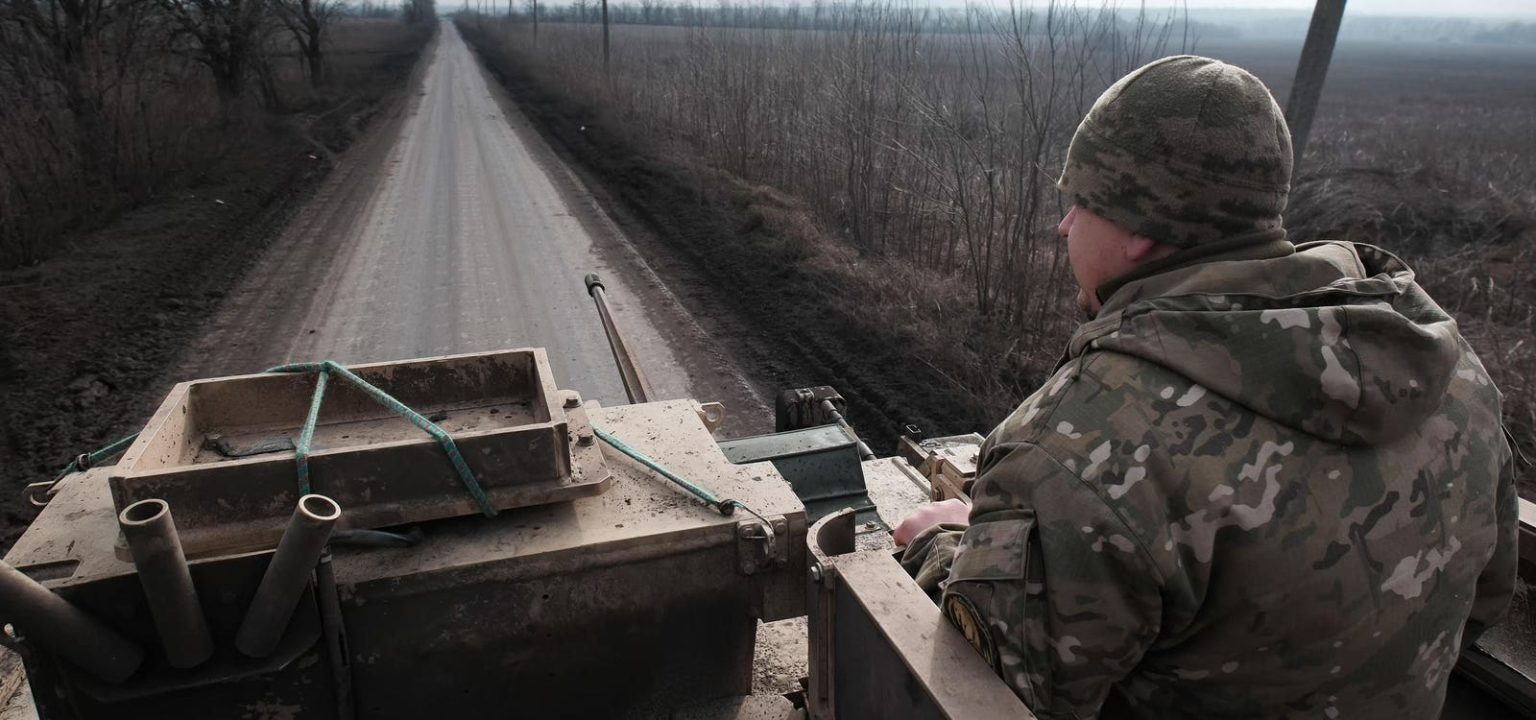On his recent visit to Kyiv, U.S. Secretary of State Antony Blinken reassured Ukraine that they will continue to have American support in their ongoing war with Russia. Indeed, the U.S. has provided a substantial amount of military aid to Ukraine, with the most recent aid package approved by Congress three weeks ago. The contents of these aid packages reflect the imminent needs of the Ukrainian military, providing insight into the forthcoming stages of the conflict. While the recent aid package includes the munitions necessary to defend against the ongoing Russian offensive, it also contained over 100 M2 Bradley Infantry Fighting Vehicles (IFV) and 100 M113 Armored Personnel Carriers (APC). These armored vehicles will play a pivotal role in both the ongoing defense and a potential Ukrainian counter-offensive.
While the official press release did not enumerate the content of the aid package, the U.S. State Department website includes a running list of the equipment provided to Ukraine. In the last month, the list has been updated to add an unspecified number of HIMAR rocket systems, 10,000 Remote Anti-Armor Mine systems, 200,000 152mm artillery rounds, 60 radar systems, 5,000 grenade launchers, and 8 patrol boats. The list also increased the number of M2 Bradley IFVs from “More than 200” to “More than 300.” Similarly, the number of M113 APCs has increased from “300” to “More than 400.” These armored vehicles will arrive in Ukraine at a key time and will provide Ukraine a tactical edge on the battlefield.
The U.S. has already provided Ukraine with over 200 M2 Bradley IFVs, which have been used extensively over the past year. These armored tracked vehicles are an integral vehicle of the U.S. Army and were designed during the Cold War specifically to defeat Russian armor. These vehicles are highly maneuverable with significant firepower, including a 25mm M242 Bushmaster chain gun and a TOW anti-tank missile launcher. They also include advanced targeting systems and thermal imaging capabilities. Over the past year of the war, the M2 Bradley IFVs has earned a reputation as being one of the best combat vehicles on the battlefield.
The M113 APCs is an older tracked armored vehicle that is known for its reliability and adaptability. Indeed, the U.S. Army used these vehicles in both the Vietnam War and the Global War on Terror. While it lacks the firepower of the M2 Bradley IFV, the M113 APC is much lighter, allowing it to be more maneuverable and versatile. It was designed to rapidly transport soldiers across the battlefield while protecting them from small arms fire and shrapnel. Moreover, it is commonly used as an ambulance or a mobile command post. Similar to the M2 Bradley IFVs, the Ukrainian military has been using American M113 APCs extensively through the war.
This aid package is arriving to Ukraine as they are in a defensive posture attempting to hold off a renewed Russian offensive. Unlike the other items in the aid package, these vehicles do not align with conventional Ukrainian defensive tactics, which uses obstacle belts to disrupt the enemy advance and creating standoff between them and the enemy. They then engage the enemy from a distance with artillery. Meanwhile, both the M2 Bradley IFV and M113 APC are offensive weapons in nature, intended to push through enemy lines and delivering soldiers to key positions on the battlefield.
The delivery of these two vehicles may allow the Ukrainians to change their defensive strategy, adopting a technique more inline with American tactics. Using these tactics, Ukraine would assume a temporary defensive posture, stalling the Russian offensive until the conditions are advantageous for a counterattack. At that point, the Ukrainians would rapidly transition into an offensive posture and push through the stretched Russian lines. This strategy would allow Ukraine to envelope Russian forces, disrupt Russian momentum, and help Ukraine regain the initiative on the battlefield.
This shift would effectively launch a Ukrainian counter-offensive while the Russians are still in an offensive posture. This would avoid many of the issues of last year’s counter-offensive, where the Russians had time to bunker into their defensive positions, placing miles of minefields and other obstacles between them and the Ukrainians. It is worth noting that the Russians appear to already be planning for this Ukrainian counter-offensive. As part of their operations to take Kharkiv and Chasiv Yar, the Russians have destroyed a number of bridges. While this limits Russian maneuverability in their current operations, it would also hinder Ukrainian forces on a counter-offensive.
The current situation for Ukraine is somewhat precarious. The Russian forces have made substantial gains and are preparing for assaults on Kharkiv and Chasiv Yar, two cities that Ukraine cannot lose. As such, the aid from the United States is arriving at a key time. In particular, the inclusion of M2 Bradley IFVs and M113 APCs could allow Ukraine to regain the initiative on the battlefield.
Read the full article here





